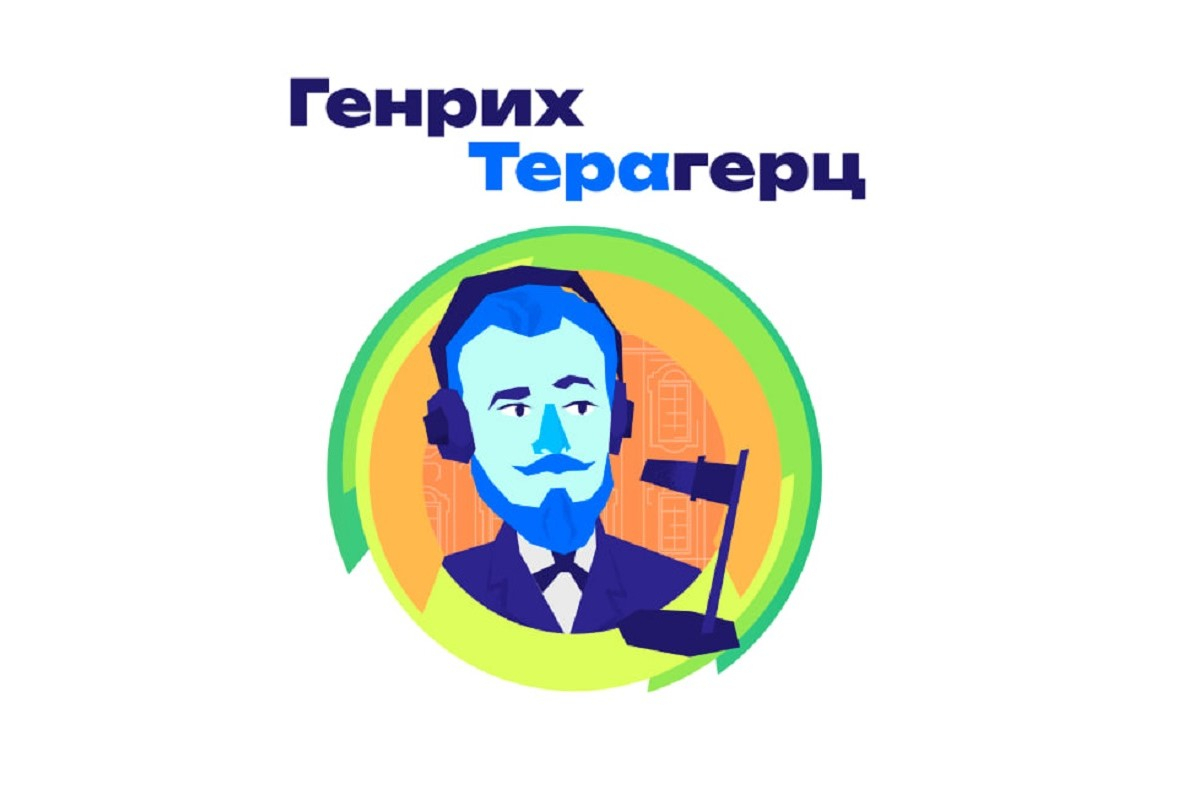St Petersburg University medical scientist talks about long COVID on a Heinrich Terahertz podcast

Natalia Gavrilova, Assistant Lecturer in the Department of Faculty Therapy at St Petersburg University and neurologist in Outpatient Department No 4 at the Pirogov Clinic of High Medical Technologies of the University, was the guest of the 11th episode of the popular science podcast ‘Heinrich Terahertz’ from St Petersburg University. She noted that St Petersburg University medical scientists were among the first to study the post effects of COVID-19 and spoke about how severe the post-COVID-19 complications can be and how to treat them.
Long COVID refers to a range of persistent clinical symptoms that remain long after (beyond 12 weeks) the SARS-CoV-2 infection and are not associated with other causes. Researchers link long COVID to an overactive immune response. The fact that over 700 million people have had confirmed infections with the SARS CoV 2 coronavirus highlights the relevance of the study of long COVID.
Natalia Gavrilova said that St Petersburg University doctors and medical scientists began research on the immune response to viral infections in 2017 with the study of herpes viral infection. Later, after the COVID-19 outbreak, it was confirmed that the list of post- COVID-19 complications (vascular, dematological, cognitive, etc.) is similar to that of herpes viral infections.
In September 2021, the world’s first Centre for the Study of Autoimmune Diseases and the Effects of the New Coronavirus Disease named after Professor Yehuda Shoenfeld was opened at the Pirogov Clinic of High Medical Technologies at St Petersburg University.
The medical researchers have noticed that long COVID does not fit any existing classification. According to Natalia Gavrilova, 'for specialists in internal medicine, such cases are "too rheumatological", while for rheumatologists they are "not rheumatological enough".' яндекс In other words, some distinct medical disorders can be manifested; yet, they are not very severe. They quickly reach a plateau and stop progressing. Many patients with such symptoms find themselves in a difficult situation.
"We have patients from all over the country, and when listening to their stories you often feel alarmed or even frightened. For instance, a person who was successfully running two businesses two months ago cannot work more than two hours a day. Furthermore, he is experiencing difficulties in language comprehension— it may take him a while to understand a longer phrase. The person is frightened and goes to a doctor. The doctor, however, tells him that his lab tests are all fine, and the diagnostic studies reveals nothing," said Natalia Gavrilova.
The study of long COVID began at the Laboratory of the Mosaic of Autoimmunity, opened at St Petersburg University under the leadership of the prominent Israeli medical scientist Professor Yehuda Shoenfeld in 2016. The Laboratory of the Mosaic of Autoimmunity was established to study the causes and mechanisms of autoimmune diseases and the use of immunological tools for their diagnosis and treatment.
According to Natalia Gavrilova, long COVID can be successfully treated. It is important, however, to diagnose and manage it correctly, not only from a medical but also from a psychological point of view. The post-COVID-19 complications are most often observed in people with high immunity to natural infections, those who had the coronavirus infection in mild forms. Moreover, the researchers noticed that when such a patient is infected with ordinary flu, the post-COVID-19 symptoms begin to reduce. That is, his or her immune system begins to fight the real enemy rather than itself.
"We strongly believe that physicians should listen to patients. Thus, we will be able to make faster progress in understanding such complications. I will give you an example to illustrate this point. I noticed that patients with connective tissue dysplasia, that is, with hyper flexible joints, are more prone to autoimmune diseases, in particular, to the post-COVID-19 disorders. After collating and analysing the data, I realised that in these cases susceptibility to the post-infection disorders had been induced by trauma. I was thinking about it on my way home, and later that day, I sat down and wrote a paper on the topic in a single night. A few months later, I learned that my paper was included in the list of publications on COVID-19 officially recommended by the World Health Organization ," said Natalia Gavrilova.

